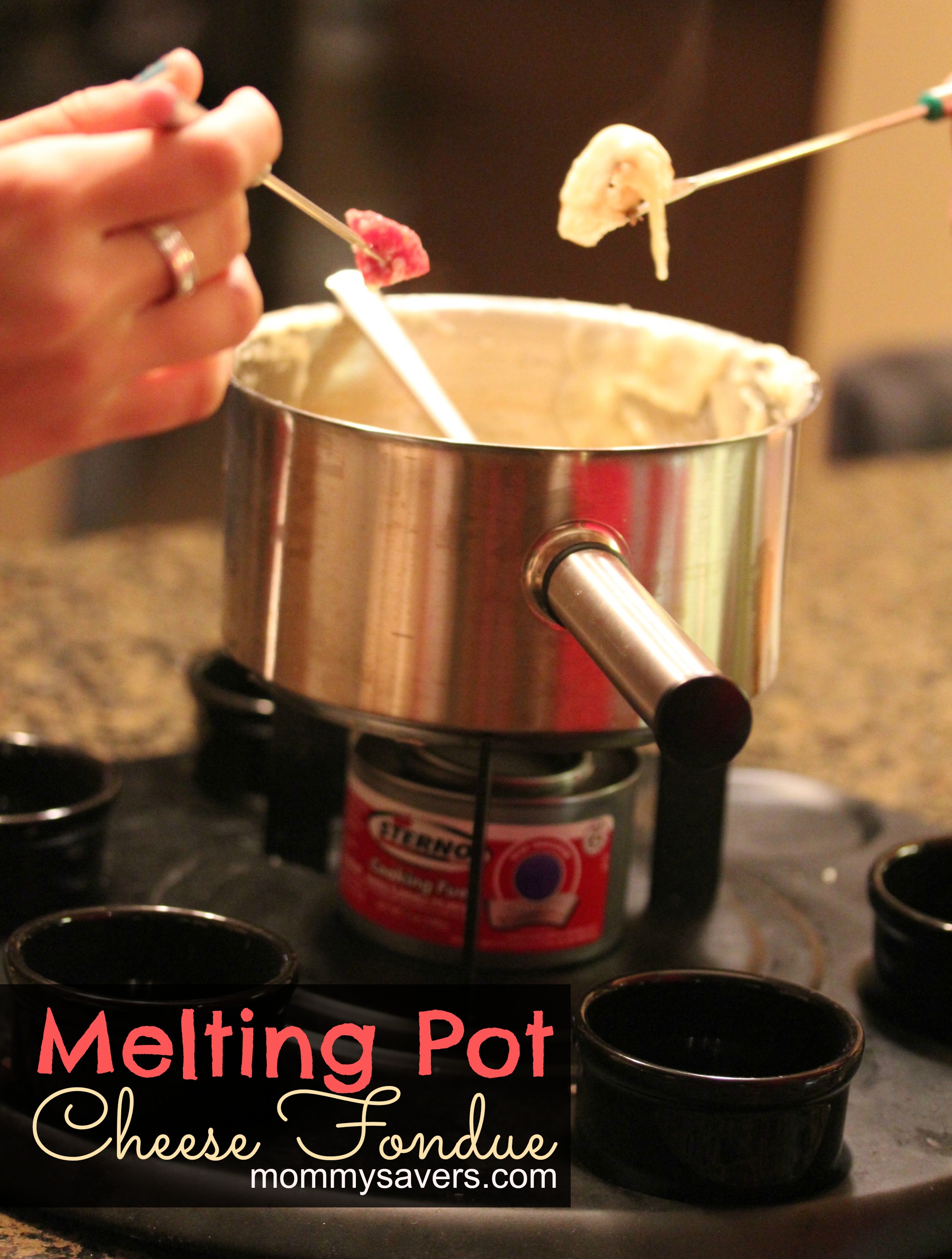Ck2 Melting Pot Cultures
Hello, i've been playing CK2 since release, and i own all the DLC except the e-books. Now, to the matter at hand: I would really like to see some more melting pot cultures beeing added into the game. Now, i do realize there's technical limitations to how many could be added in practice, but i at the very least think that there should be more cultural diverisity in the game and adding some new. A little tip for anyone dabbling in cultural modding as I'm doing: there's no need to come up with a name for a Norse/Anglo-Saxon melting pot, because 'Anglo-' is already referring to the Angles, who were historically part of the North Germanic culture group and, geographically speaking, Denmark's Texans in the 5th century. Culture is an abstract representation of the ethnicity, language, and traditions of a province or character.Cultures are divided into culture groups, and cultures are considered closer to others within their group than to cultures outside it. A few are more like the Scandinavian cultures (Swedish, Danish, etc.) that 'evolve' out of older cultures, but I count them as melting pot since they are created via events like melting pots. Some of these cultures (such as Siculo-Arabic or Norse-Gael) do have a few playable characters, but others don't. Chagatai (Altaic; appears after 1300).
Oct 09, 2020 It is a melting-pot that is used to represent the mix between Welsh and a steppe culture that occurred in it. It is an unique case that will not be removed from the main mod, but similar cases won't be made as it would result in a too wide scope and implausible results.
In sociology, the 'melting pot' is a concept referring to a heterogeneous society becoming more homogeneous with the different elements “melting together” into a harmonious whole with a common culture.
The melting pot concept is most commonly used to describe the assimilation of immigrants to the United States, though it can be used in any context where a new culture comes to co-exist with another. In recent times, refugees from the Middle East have created melting pots throughout Europe and the Americas.
This term is often challenged, however, by those who assert that cultural differences within a society are valuable and should be preserved. An alternative metaphor, therefore, is salad bowl or mosaic, describing how different cultures mix, but still remain distinct.
The Great American Melting Pot
The United States of America was founded upon the concept of opportunity for every immigrant, and to this day this right to immigrate to the U.S. is defended in its highest courts. The term first originated in the U.S. around 1788 to describe the cultures of many European, Asian, and African nationalities merging together in the newfound culture of the new United States.
This idea of melting cultures together lasted through much of the 19th and 20th centuries, culminating in the 1908 play 'The Melting Pot,' which further perpetuated the American ideal of a homogenous society of many cultures.
However, as the world was overtaken in global warfare in the 1910s, 20s, and again in the 30s and 40s, Americans began to establish an anti-globalist approach to American values, and a large contingent of citizens started calling for banning immigrants from certain countries based on their cultures and religions.
Ck2 Melting Pot Cultures
The Great American Mosaic
Due perhaps to an overwhelming sense of patriotism among older-generation Americans, the idea of preserving the 'American culture from foreign influence' has taken center stage in recent elections in the United States.
For this reason, progressives and civil rights activists arguing on behalf of allowing immigration of refugees and impoverished peoples have renamed the concept to be more of a mosaic, where the elements of different cultures sharing one new nation cohesively form a mural of all beliefs working side by side.

Ck2 Melting Pot Cultures Dishes
As idealistic as this seems, it works in many instances. Sweden, for instance, has seen no change in crime despite allowing in a large swathe of Syrian refugees in 2016 and 2017. Instead, the refugees, respecting the culture of the land they've been welcomed to, work side by side with their allies to build better communities.